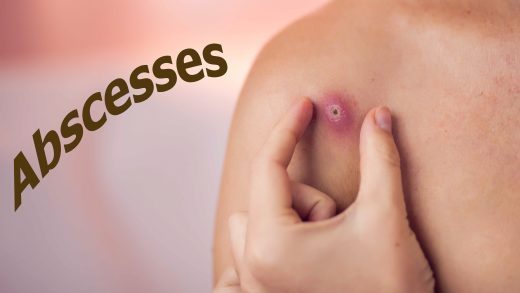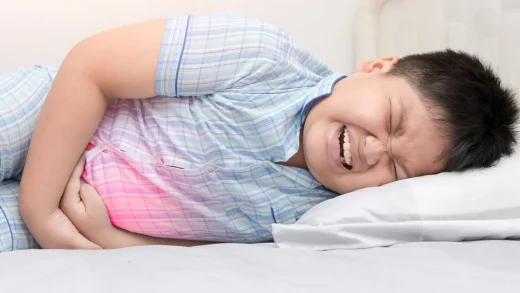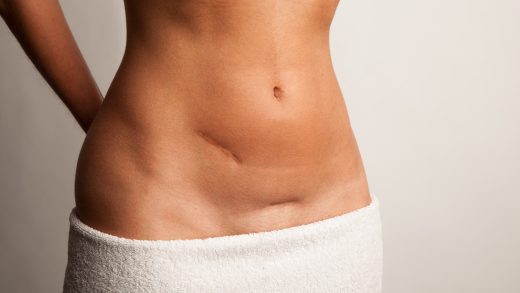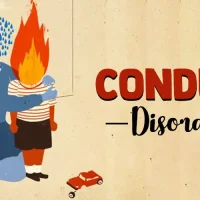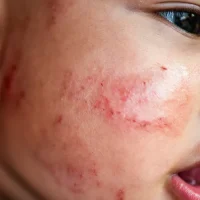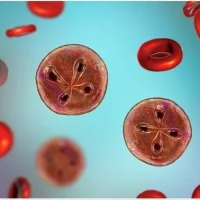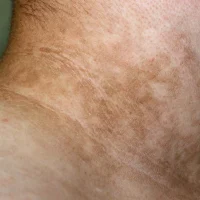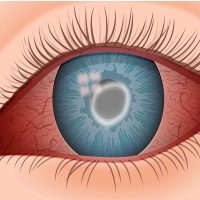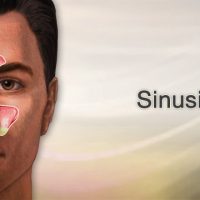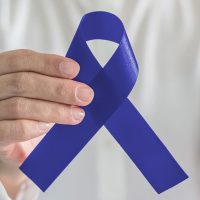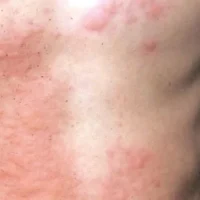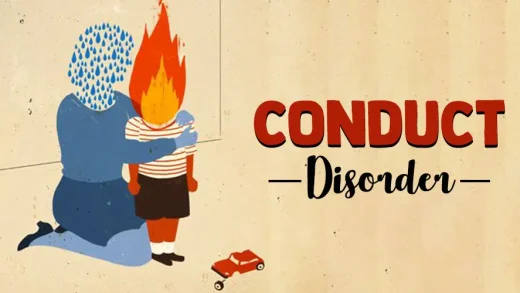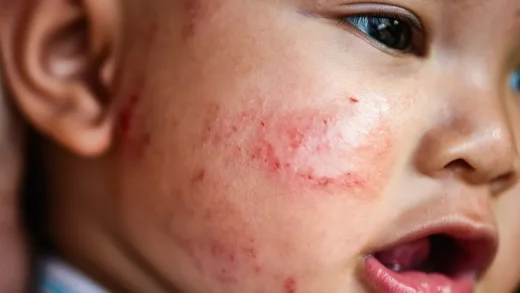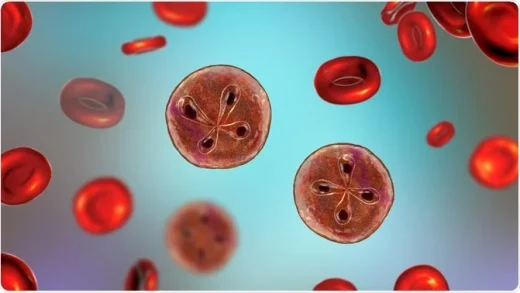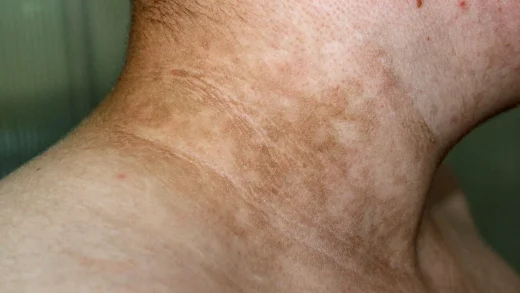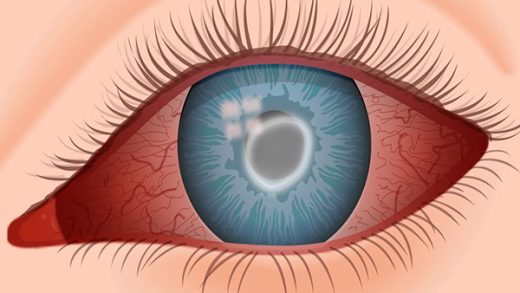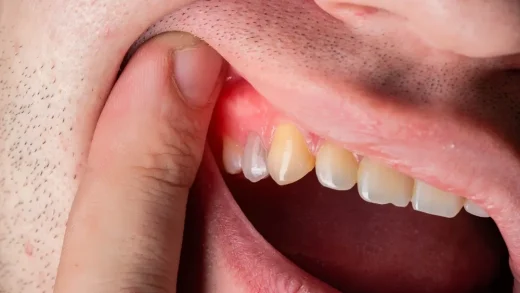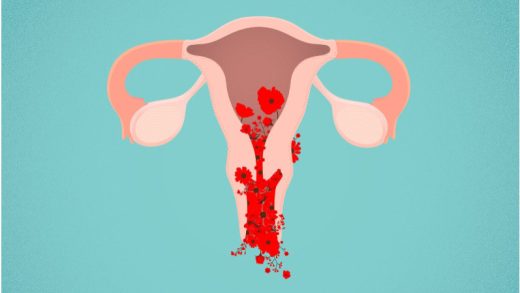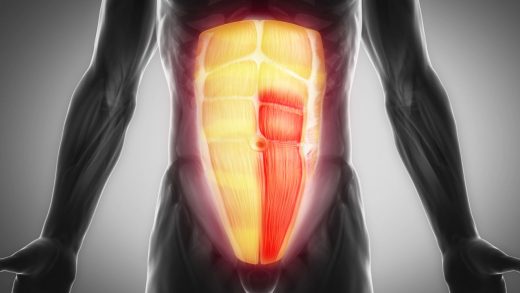Baby eczema is a common skin condition that affects infants. Eczema causes your baby’s skin to become dry, bumpy and itchy. Treatment is available to reduce symptoms and help your baby’s skin heal. Eczema is a chronic condition that can come and go throughout your child’s life.
What is baby eczema?
Baby eczema is a common skin condition that affects infants and young children. Eczema causes patches of your baby’s skin to become itchy, dry and bumpy. The most common place where symptoms of eczema will affect your baby is on their face.
Who does baby eczema affect?
Baby eczema affects an estimated 15% to 20% of infants under age 2 in the United States. The condition can last into adulthood.
How does baby eczema affect my child’s skin?
Baby eczema makes your baby’s skin dry, itchy and sensitive. This happens because your baby’s protective barrier on the outermost layer of their skin is weak and doesn’t work as expected. Their symptoms can last for a couple of weeks each time there’s a flare-up of symptoms.
Baby eczema is a chronic condition, where it can come and go unexpectedly. Some children grow out of the condition when they reach adulthood but will still experience symptoms of dry skin or mild flare-ups throughout their life.
Symptoms and Causes
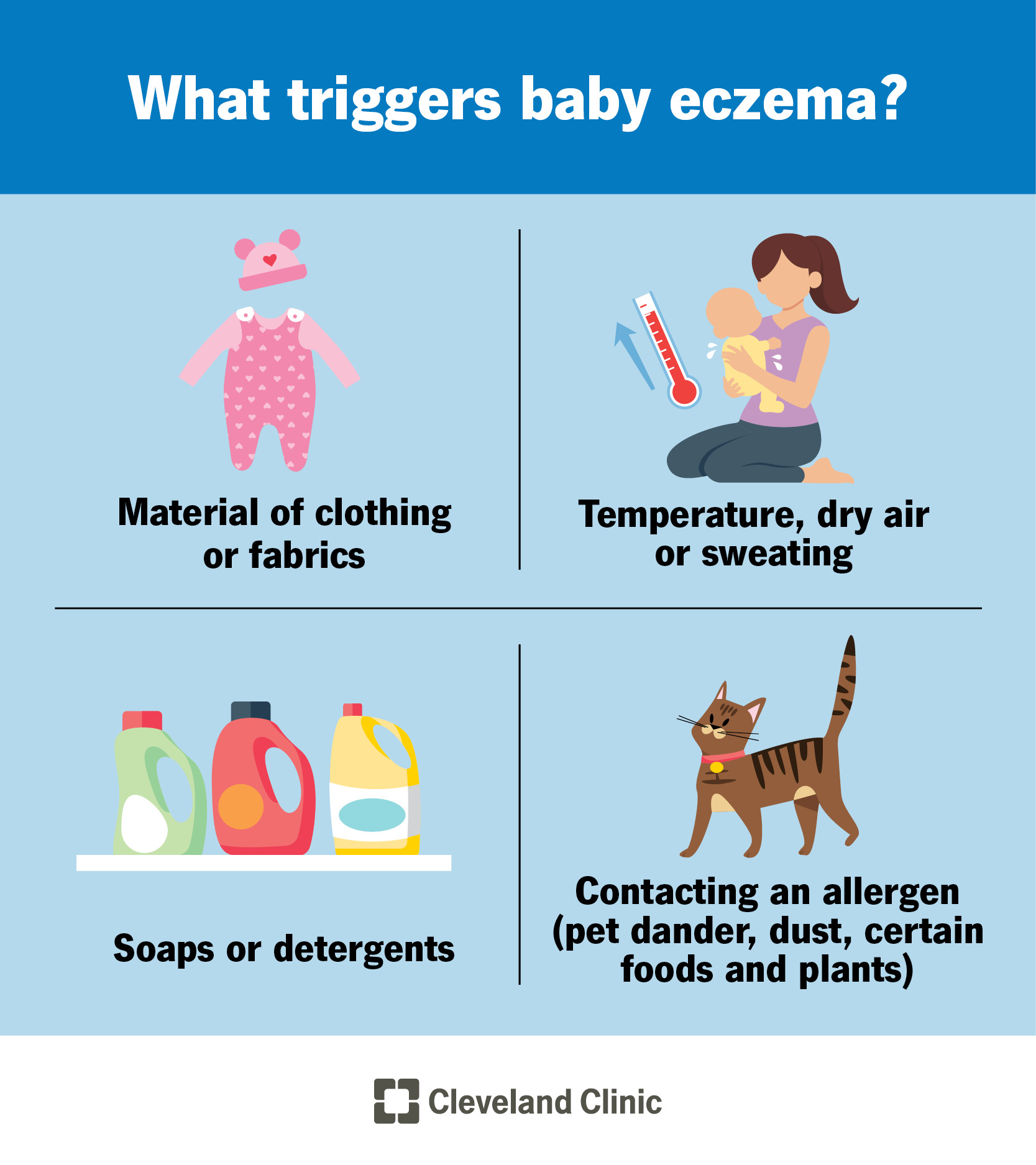
What are the symptoms of baby eczema?
Symptoms of baby eczema usually begin during their first six months. Symptoms could include:
- Dry skin.
- Itchy skin.
- Bumpy rash.
- Skin discoloration; red or darker than your natural skin tone (hyperpigmentation).
Where do symptoms of baby eczema affect my child?
Baby eczema can affect the skin anywhere on your child’s body but the condition is most common on their:
- Face.
- Scalp.
- Feet.
- Arms and legs.
What causes baby eczema?
A combination of genetic and environmental factors causes baby eczema. These factors include:
- Skin irritants and allergens: Several things in your baby’s environment can bother your child’s skin. If your child has an allergy, symptoms of eczema can flare up on their skin. Common environmental irritants and allergens include fabrics, soaps and certain foods.
- Immune system reaction: Your baby’s immune system defends against foreign invaders like bacteria and viruses that can make your child sick. If your baby has eczema, their immune system can overreact and confuse healthy skin cells and small irritants in your baby’s environment as a foreign invader. As a result, your baby’s immune system will attack your baby’s skin cells which can cause symptoms of eczema.
- Genetics: During conception, the egg and sperm cells meet to give your child the building blocks of their body, which are their genes. Sometimes, changes to your baby’s DNA happen (genetic mutation), which can affect how your baby’s body functions and develops. An eczema diagnosis could cause a lack of proteins in your baby’s body that are responsible for maintaining their skin’s protective barrier. If your child’s protective barrier in their skin isn’t working as expected, they could experience symptoms of eczema.
What triggers baby eczema?
Your baby’s skin is unique and can react to different triggers in their environment that cause symptoms of baby eczema. Some of the most common triggers include:
- Material of clothing or fabrics.
- Temperature, dry air or sweating.
- Soaps or detergents.
- Contacting an allergen (pet dander, dust, certain foods and plants).
Is baby eczema contagious?
No, baby eczema isn’t contagious. The condition can’t spread from person to person.
Diagnosis and Tests
How is baby eczema diagnosed?
Your provider will diagnose eczema after a physical examination. The appearance of the rash on your baby’s skin leads to an accurate eczema diagnosis. Your provider might offer additional tests to find out what caused symptoms to form on your baby’s skin. Tests could include:
- An allergy test.
- Blood tests.
- A skin biopsy.
Management and Treatment
How is baby eczema treated?
Treatment varies for baby eczema based on what caused your child’s symptoms to flare up and the severity of their symptoms. Treatment for baby eczema could include:
- Eliminating or avoiding triggers: Avoid scented or fragranced soaps, lotions or detergents. These things can cause eczema to flare. Your provider might test your baby’s skin to identify if they’re allergic to certain things in their environment that they contact regularly. If you’re able to identify what causes your baby’s eczema triggers, avoiding those causes helps your baby’s skin heal and prevents future eczema flare-ups.
- Using topical corticosteroids: These are prescription-strength ointments that you rub on your baby’s skin like a lotion. Corticosteroids help reduce itching and swelling. For mild eczema, apply topical OTC 1% hydrocortisone ointment twice a day for no longer than two weeks. For moderate to severe eczema, your healthcare provider may recommend prescription-strength steroid ointments. Any steroid ointment should not be applied for longer than two weeks since it may lead to discoloration by thinning out the skin.
- Applying moisturizer to your baby’s skin: Keeping your baby’s skin hydrated can reduce symptoms, soothe their skin, remove discomfort and prevent flare-ups. Choose moisturizers designed for babies and products that don’t contain fragrances. The best time to apply moisturizers to your baby’s skin is after a bath and a couple of times throughout the day when their skin appears dry.
Who treats baby eczema?
Your baby’s pediatrician can diagnose and treat eczema. If your baby has recurring or severe symptoms, their pediatrician might recommend visiting a dermatologist who is a skin care specialist.
How soon after treatment will my baby feel better?
After treatment begins, your baby’s symptoms can reduce after a couple of days. It could take several weeks before your baby’s skin heals completely.
Does baby eczema go away on its own?
Baby eczema needs treatment to go away completely. The best treatment is using moisturizer daily or several times each day to keep your baby’s skin hydrated.
Most cases of baby eczema clear up by the time they start school, around age 4 or 5. Sometimes eczema can go away or reduce in severity as your child reaches adolescence or by the time they turn into adults. As your child grows, they may have sensitive skin or flare-ups of eczema symptoms throughout their life.
Prevention
How can I prevent baby eczema?
Since several factors can cause eczema in your baby, there’s no way to completely prevent the condition. You can help your baby reduce their risk of developing a flare-up of symptoms by:
- Avoiding triggers, irritants and allergens.
- Using moisturizer on your baby’s skin daily.
- Giving your baby baths with warm, not hot, water that is between five to 10 minutes long.
- Choosing moisturizers or ointments without fragrance, designed for babies.
Outlook / Prognosis
What can I expect if my baby has baby eczema?
Eczema causes your baby’s skin to be dry and itchy. Your baby might try to scratch their skin to relieve the itchiness. While it may be difficult to prevent your baby from scratching their skin, scratching can make your baby more likely to get an infection. An infection occurs when bacteria or a virus enters your child’s body. This can make your child’s symptoms worse. Visit your child’s provider if their symptoms get worse or if they have an infection.
To prevent side effects like an infection on your baby’s skin, keep your baby’s skin moisturized with creams, ointments or lotions designed for a baby’s skin. Rehydrating your baby’s skin can reduce their symptoms and prevent itchiness.
Is there a cure for baby eczema?
No, there isn’t a cure for baby eczema. Treatment is available to help your baby’s skin heal and make their symptoms go away. Some cases of baby eczema go away by the time your child grows into an adult, but they may experience skin sensitivity or minimal symptoms of eczema throughout their life.
Living With
When should I see my baby’s healthcare provider?
Visit your healthcare provider if your baby’s skin shows signs of an infection. Babies diagnosed with eczema are at a high risk of developing an infection because the protective barrier of their skin doesn’t work as it should. Scratching can also break open your baby’s skin, exposing their body to bacteria or viruses that can get into their body. Signs of an infection include:
- Fluid-filled blisters or sores.
- A yellow crust forms around their eczema rash.
- Swelling and a dark red to purple tone to their rash.
- Pain or sensitivity to the touch.
- Fever or chills.
What questions should I ask my doctor?
- When should I apply moisturizer to my baby’s skin?
- Should I apply a corticosteroid cream to my baby’s skin before applying a moisturizer?
- Does my baby have any allergies?
- What triggered my baby’s symptoms?
Additional Common Questions
What is the difference between baby eczema and acne?
Symptoms of baby eczema and acne can look similar but there are differences between the two conditions. Baby acne causes pimples to form on your baby’s skin, specifically coming from the oil glands in their hair follicles. Eczema causes dry and itchy patches of skin that form a rash. Eczema can also cause bumps on your baby’s skin. These bumps aren’t filled with fluid. Some acne pimples are fluid-filled. Baby acne can resolve on its own, but baby eczema needs treatment to rehydrate your baby’s skin.
A note from us
Baby eczema usually affects your child’s face and it can be concerning to see a rash suddenly form on your baby’s cheeks. Avoiding irritants and triggers and keeping your baby’s skin moisturized and hydrated helps improve their skin’s healing time and prevent future flare-ups. While your baby isn’t able to vocalize that they’re itchy, you can stay a step ahead of their condition by scheduling times throughout the day to put moisturizer on their skin to keep them from scratching their eczema rash. You might also consider putting mittens on your baby’s hands so they can’t scratch at their skin, which can make their symptoms worse.

